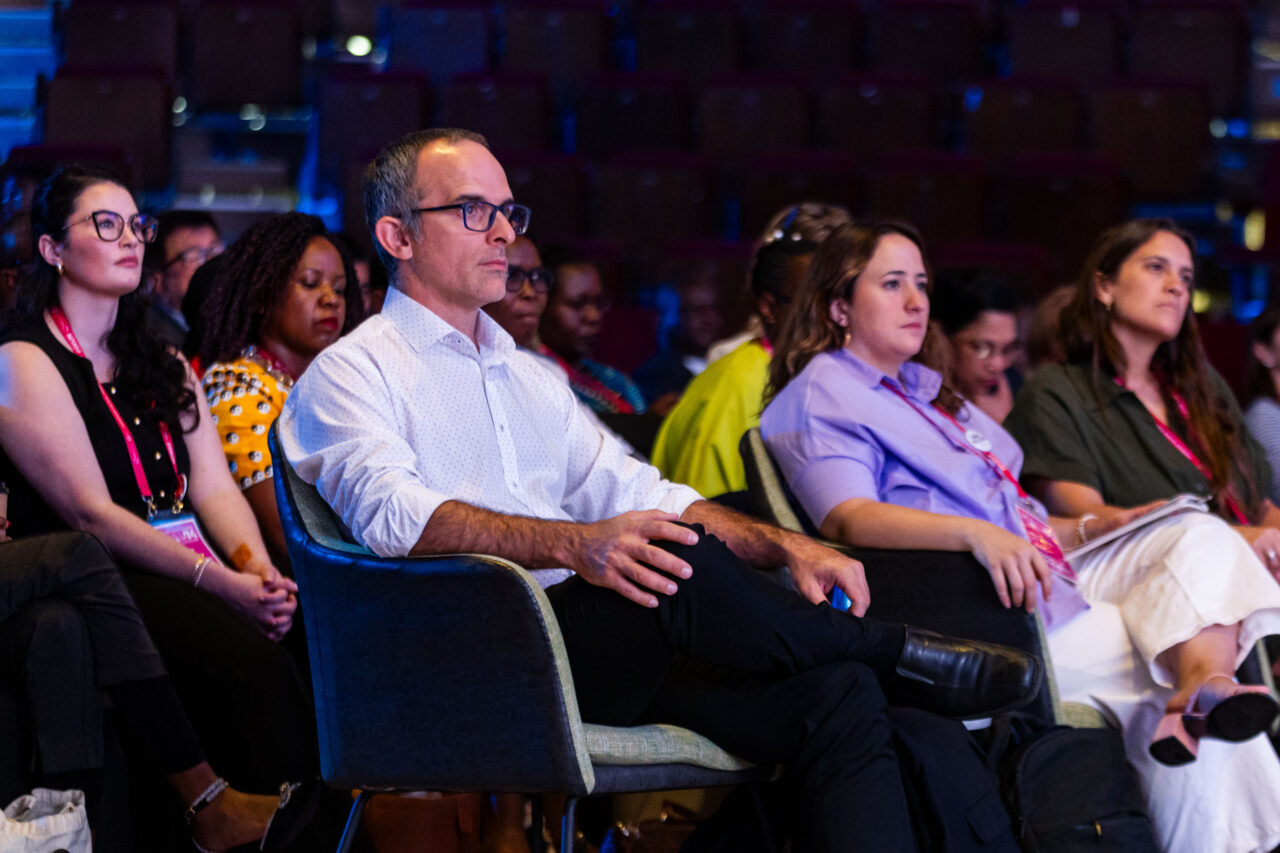
The 4th Global NCD Alliance Forum in Kigali wasn’t just about discussing disease; it was about confronting a shifting global landscape. The Trump administration’s recent freeze on development aid, and the subsequent withdrawal from the World Health Organization (WHO), cast a long shadow over the proceedings.

The question on everyone’s mind: how would this seismic shift in funding impact the fight against non-communicable diseases (NCDs), particularly in resource-limited settings?
Professor Kaushik Ramaiya, a member of the board for the World Diabetes Foundation and Global NCD Alliance, as well as the honorary general secretary of the Tanzania Diabetes Association and Tanzania NCD Alliance,1 offered a sobering assessment. “There was hardly any funding,” he explained, referring to PEPFAR and USAID’s involvement in NCDs. “So the NCD world has not been much dependent on the PEPFAR and USAID funding.” While this might seem like a silver lining, Ramaiya cautioned against complacency. “It also raises a flag,” he warned, “that when you are dependent on a donor programme, you need to have a strategy whereby you are going to have a sustainable plan which you can take over locally. So there has to be a local ownership of that plan.”
The funding freeze, while not directly targeting NCD programs, creates a ripple effect throughout the global health ecosystem. “What is going to be affected is the health system,” Ramaiya emphasized. “With the USAID, PEPFAR and other fundings within the HIV community, a lot of healthcare providers and health systems were dependent on those funding. So you will find that there might be a bit of a strain on this funding.” This strain could have unintended consequences for NCD care. Ramaiya explained, “I think probably we will have to now struggle as an NCD, we will have to struggle more to get the funding, because most of the governments will have to divert some funding to the HIV community to provide them the essential drugs.” The potential for resource diversion raises serious concerns about the long-term sustainability of NCD programs.
The forum served as a platform for discussing how to navigate this new reality. The need for diversified funding streams, greater local ownership of health initiatives, and innovative partnerships became central themes. “Fine, have a partnership,” Ramaiya advised, “but when you have a partnership, look at how it is going to be sustainable when the partner leaves, so we should be thinking long term.” His words underscored the importance of building resilient health systems that are not overly reliant on any single donor.
Beyond the immediate financial implications, the funding freeze also raises broader questions about global health governance and international cooperation. The withdrawal from WHO, in particular, weakens the global architecture for addressing health challenges. The forum highlighted the need for a united front, with nations working together to ensure that progress made in the fight against NCDs is not jeopardized.
The funding landscape has shifted dramatically. The challenge now is to adapt, innovate, and ensure that the fight against NCDs continues unabated. The Kigali forum served as a crucial moment for strategizing, for forging new alliances, and for reaffirming the commitment to a healthier future for all. The road ahead may be uncertain, but the determination to combat the growing burden of NCDs remains strong.


